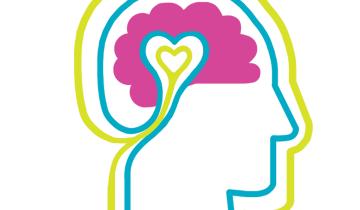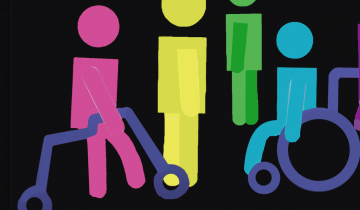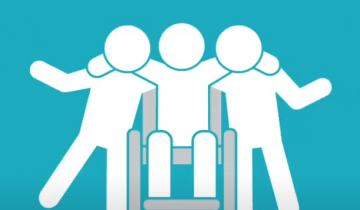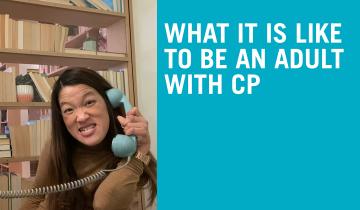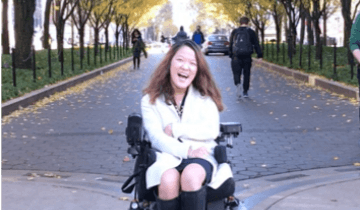Mental health care should be included at the outset, as part of discussions around physical, occupational, and speech therapies. I’ve seen studies on cerebral palsy’s effect on caregiver mental health — and that is important. Caregivers are part of the cerebral palsy community, too. It’s an interdependent one. There’s not enough about the nuance around how having cerebral palsy affects mental health.”
